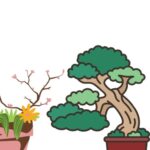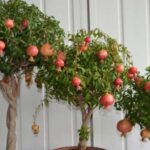The Cassia Fistula, or the Golden Shower Tree, blooms annually between March and May, with white petals that turn slightly yellow as they wither. There are two varieties of this flower: single and double. Both varieties exude a captivating fragrance, a blend of natural spiciness, the freshness of mushrooms, and a hint of ripeness. This unique scent has led to its use in perfumery.
In Vietnam, the Cassia Fistula is predominantly grown in the southern provinces as an ornamental plant. Its leaves are either opposite or whorled, with a glossy, waxy texture and an ovate or oblong shape. After the flowers wither, usually between June and October, the tree bears fruit. The elliptical or fusiform fruits are a vibrant yellow, adorned with longitudinal stripes, and measure about 2 cm in length. Within each fruit lies a cluster of tightly packed seeds, forming a spherical or ovoid shape. After two months of maturation, these fruits can be harvested, revealing a delicate fragrance, a bitter taste, and a subtle sourness.
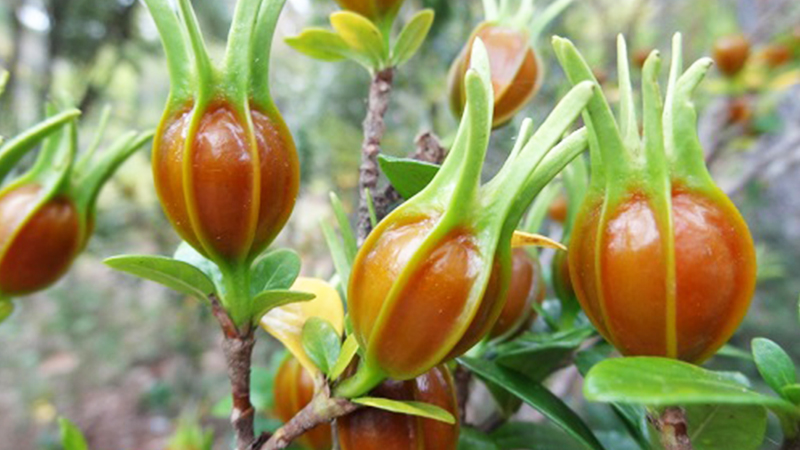
Cassia Fistula Fruits
Every part of the Cassia Fistula tree has its utility. The fruits, in particular, are known to possess medicinal properties.
1. The Symbolic Significance of Cassia Fistula Flowers in Feng Shui
The pristine white flowers of the Cassia Fistula exude elegance, simplicity, and subtlety, symbolizing faith and hope in the fulfillment of love. Thus, they are often chosen by couples for their wedding day. These flowers also represent the value of friendship, conveying a message of cherishing and respecting these bonds, with the hope that they will endure.
The profound meaning of these flowers makes them an ideal gift for various special occasions. Additionally, they signify opulence and prosperity.
In essence, the Cassia Fistula conveys purity and love. Whether it’s romantic love, secret admiration, or the love shared with friends and family, it signifies the purity of emotion.
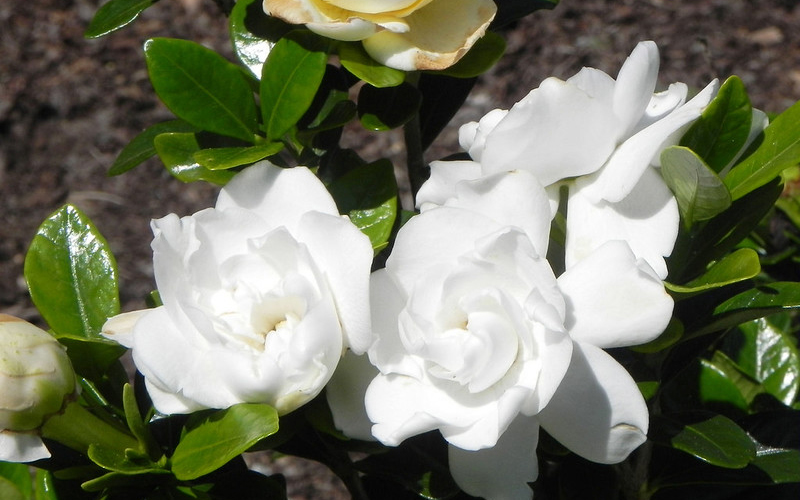
Cassia Fistula Flowers Symbolize Purity and Love
2. What Does the Cassia Fistula Flower Symbolize?
The Cassia Fistula flower is a symbol of clarity and reflection. Many spiritual practices use this flower during meditation to guide followers on a path of self-discovery, leading to enlightenment and understanding.
Additionally, these flowers represent protection. Naturally repellent to certain insects, they signify the ability to ward off negative feelings and infuse our lives with positive energy.
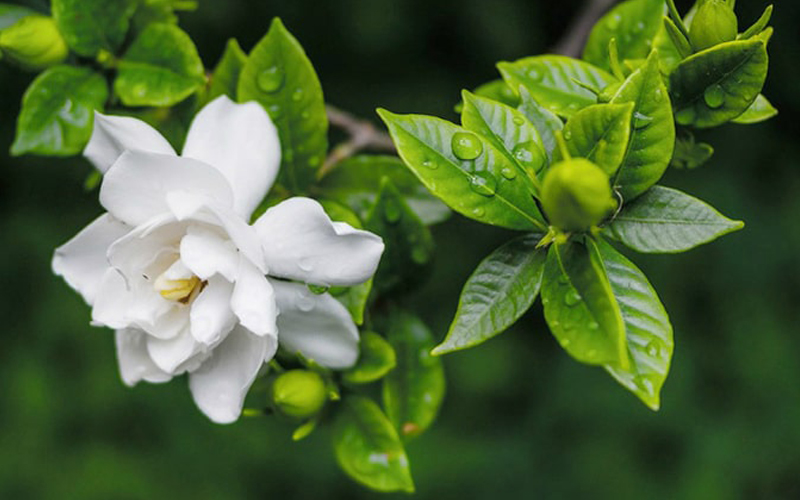
In numerology, the Cassia Fistula flower is associated with the number 8 and the planet Saturn, reflecting freedom and vision.
Lastly, the color of the Cassia Fistula flower holds symbolic value. While the white flowers represent purity, the yellow blossoms signify secret love.
3. The Benefits and Uses of the Cassia Fistula Flower
In traditional medicine, the Cassia Fistula flower is recognized for its therapeutic properties. The leaves and fruits contain significant amounts of glucosides, essential oils, and tannins. The floral essence of this flower is particularly effective for relaxation and stress relief.
The tree is also used to create remedies for common ailments such as fever, jaundice, nosebleeds, sore throat, burns, abscesses, inflammation, and pain.
As the tree is non-toxic, its leaves can be added to salads, providing not only decoration but also antioxidant benefits. The dried flowers are used as a natural food coloring agent for baking and cooking.
The Cassia Fistula is not just a wedding flower; it also makes a thoughtful gift for loved ones, friends, or even as a congratulatory gesture for a business opening.
*Disclaimer: The information in this article is for entertainment purposes only and should not be taken as professional advice or guidance.

























